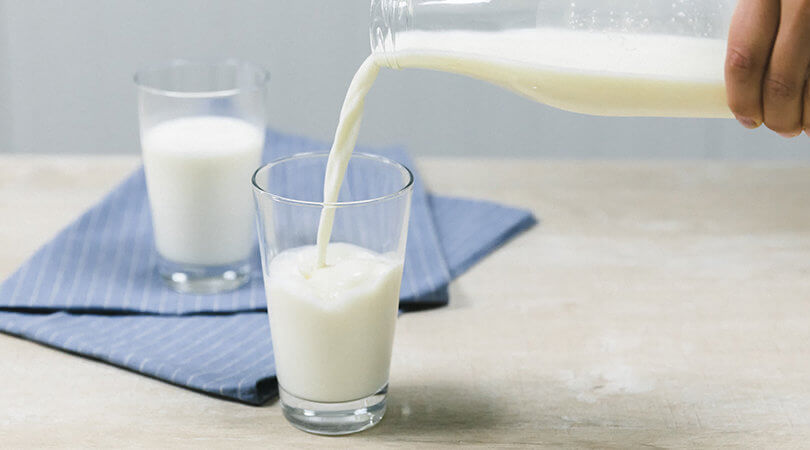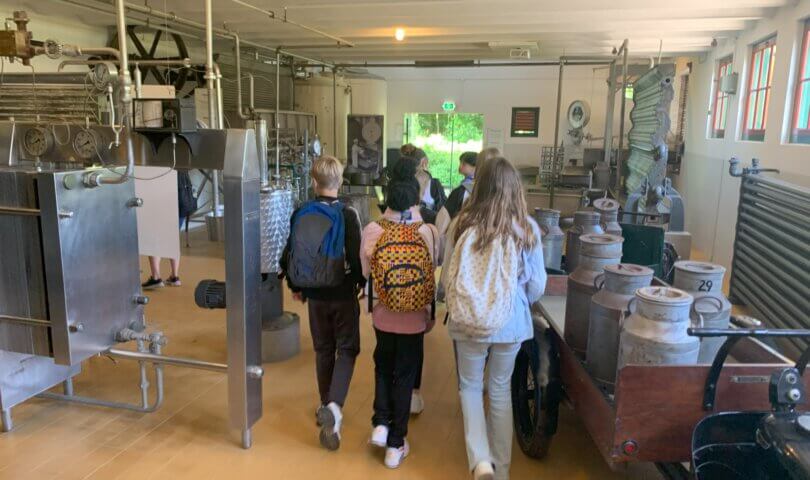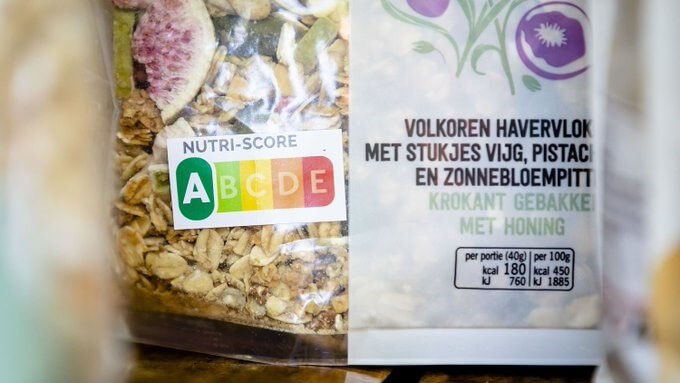

Nutrition
News overviewLots of scientific evidence behind the health benefits of milk
On 29 October 2014, reports appeared in the media about the risk of fractures and mortality in relation to milk intake. These reports are based on a Swedish study conducted among men and women, entitled ‘Milk intake and risk of mortality and fractures in women and men: cohort studies’.
The Dutch Dairy Association (NZO) does not believe that this study is a reason to change existing dairy recommendations. This is confirmed by the Dutch Nutrition Centre. Similar to independent public information bodies, such as the Dutch Nutrition Centre, NZO follows the recommendations of scientific institutions such as the Health Council of the Netherlands and the RIVM (National Institute of Public Health and Environmental Protection) in the Netherlands, the World Health Organisation and the European Food Safety Authority. These institutions base their recommendations on all available research and the evidential weight that this research provides.
In scientific research, a single piece of research does not provide proof. Conclusions cannot be considered to be proven until they are confirmed by sufficient numbers of other robust scientific studies. In addition, scientists – including the authors of this study – warn that observational studies must be viewed with the necessary caution. This is confirmed by Professor Frans Kok (Head of the Human Nutrition department at Wageningen University) who commented on the Swedish study in the radio programme ‘De Ochtend’ (NPO 1). This study suggests that there is a link between a high milk intake and mortality and fractures among women, but at the same time it shows an opposing link in the consumption of cheese and fermented milk products.
There are many other studies that contradict the findings of this study. A similar study conducted in Japan from earlier this month showed that drinking milk was associated with lower mortality among men and women (1). These studies have also been conducted in Europe. A recent meta-analysis (63,000 participants) at Wageningen University showed that drinking milk (up to 660 ml daily) was not associated with mortality (2).
In relation to bone health, observational research and intervention studies show a favourable connection between the intake of milk and milk products and healthy bones, particularly among children and adolescents (3). Health authorities agree that calcium, protein, and phosphorus from milk, milk products and cheese help to build peak bone mass and keep bones healthy in later life. The Dutch Nutrition Centre also considers milk and milk products to be an important source of calcium, which is consistent with the Dutch diet. A recent meta-analysis of prospective cohort studies could not find a general link between the milk intake of adults and the risk of hip fractures
in women (4).
The brochure ‘Milk nutritious by nature’ offers a clear overview of the science behind the health benefits of milk and milk products, including in relation to bone health, type 2 diabetes, cardiovascular disease, blood pressure and weight management.
Swedish study in plain language




